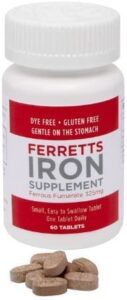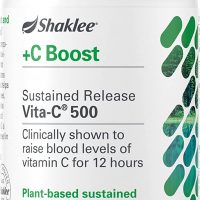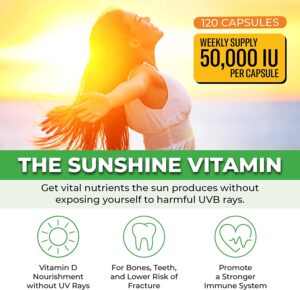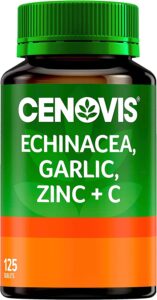Blog
What are Vitamins and how important is Vitamins to your daily routine ?
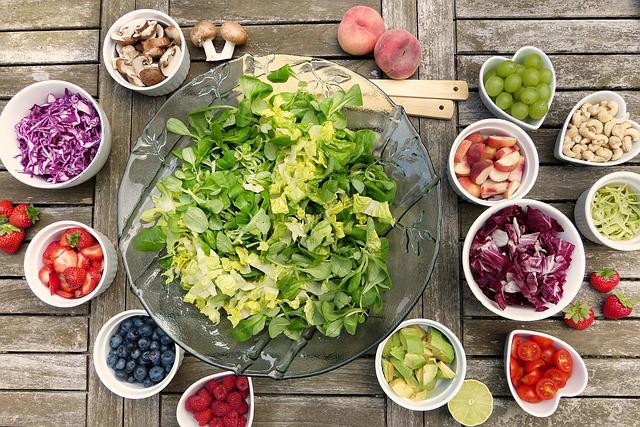
How many Vitamins are there ?
There are total of 13 vitamins which are classified into 2 groups such as fat soluble vitamins and water soluble vitamins.
01) Fat Soluble Vitamins : Those that dissolves in fats.
Vitamin A – Vision Health
Vitamin D – Fortifies bones
Vitamin E – Heart health, cholesterol
Vitamin K – Process circulation
There`re total of 4 as given above. These vitamins are usually found in foods that are rich in fat such as vegetable oils, oily fish, avocado or nuts.
02) Water Soluble Vitamins : Those that dissolves in water.
Vitamin B1, B2, B3 – They improve nerve system against stress, sleepiness
Vitamin B5 – Helps in making hormones
Vitamin B6 – Improves circulation
Vitamin B7 – Skin, nails & hair health
Vitamin B9 & 12 – Fertility, pregnancy, fetus development, anemia prevention.
Vitamin C – Strong antioxidant that improves your immune system
There`re total of 9 vitamins in this group as given above. Vitamin B1(Thiamine), Vitamins B2 (Riboflavin), Vitamin B3 (Niacin), Vitamin B5 (Pantothenic acid), Vitamin B6 (Pyrodoxine), Vitamin B8 (Biotin), Vitamin B9 (Folic Acid), Vitamin B12 (Cobalamin).
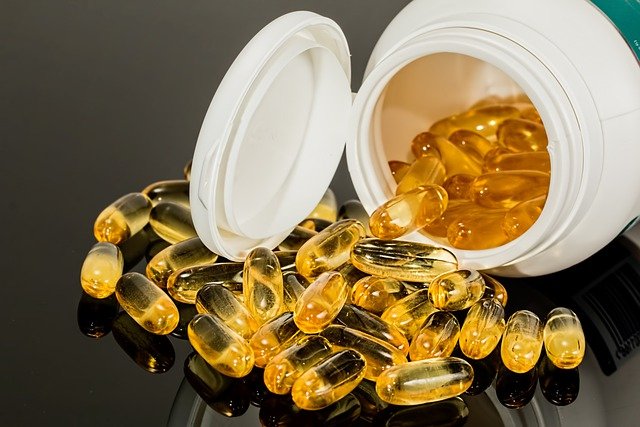
These facts will blow your mind..!
Vitamins can be made from a component directly from the earth, extracted from natural resource such as the foods we eat or it can be ‘naturally made’ in your body through digestion. It`s very important to get adequate amount of each vitamins each day to make sure that your body function the way it should. It`s a vital part of increasing and maintaining your metabolism and mostly those essential nutrients cannot be synthesized in the organism, either at all or not in sufficient quantities, and therefore must be obtained through the diet or dietary supplements such as vitamin tablets.
Vitamins are distinct in several ways from other biologically important compounds such as proteins, carbohydrates, and lipids. Vitamins are usually designated by selected letters of the alphabet, as in vitamin D or vitamin C, though they are also designated by chemical names, such as niacin and folic acid. Biochemists traditionally separate them into two groups, the water-soluble vitamins and the fat-soluble vitamins. The common and chemical names of vitamins of both groups, along with their main biological functions and deficiency symptoms, are listed in the table.
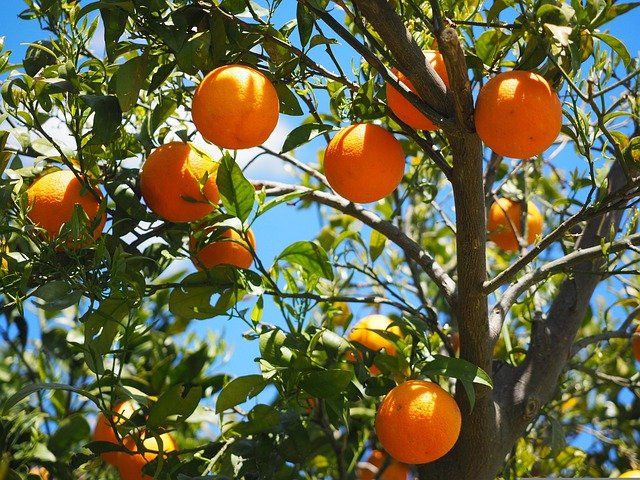
However needless to say that, if you can add heaps of fruits and vegetable to your everyday meals, you will be able to achieve most of the vitamins your body require, but at present, all our lives are extremely busy and we literally have very minimal time to spend on finding what we need to eat or how we can naturally supply our vitamin needs. But it`s extremely important to make sure our body gets all the vitamins it needs for it to function to the best possible way.And majority of u have common issues due to lack of enough daily vitamin intake.
So how can we achieve all those vitamin requirements ?
Glad you`re here reading this to find out how you can find solutions for this problem you may having or been having for a quite a long time now. The solution is for all of this is getting the supplement from outside. And usually all of these vitamins have bigger nutritional content amount than what you can achieve from having fruits or vegetables.
Why do I say that ? Our body needs bigger quantities of most vitamins but the amount of vitamins that we can consume in a day is not always in one or two fruits and sometimes, you will have to consume a large number of fruits or veggies to achieve the same amount of vitamins that you can simply receive from a tablet.
Do you need one particular vitamin ?
Do you need many different ones ?
or
Do you need a vitamin that does everything?
How do you find what vitamin works for you the best ?
Thinning hair?
You might not be getting enough of these important vitamins and nutrients.
1. Biotin
Biotin (vitamin B7) is important for cells inside your body. Low levels of it can cause hair loss, skin rashes, and brittle nails. Your levels may be low if you’re:
- Pregnant or breastfeeding
- Taking certain antibiotics or epilepsy drugs
Most people get enough biotin from their diet. You can find it in foods like:
- Egg yolks
- Whole grains
- Meat
2. Iron
Red blood cells need iron to carry oxygen. Low levels can cause iron deficiency anemia. Symptoms include fatigue, pale skin, and hair loss.
You’re at risk for low iron if :
- You’re a woman who gets heavy periods
- You have a chronic disease
- You’re a vegetarian or vegan
Some foods that are naturally rich in iron include :
- Red meat, grass-fed
- Leafy greens
- Legumes
3. Vitamin C
Vitamin C benefits for your hair are from a necessary property within the vitamin that creates the protein, known by the more popular term, collagen. Vitamin C promotes hair health, reduces hair loss and improves hair growth. Vitamin C deficiency can also result in dry hair and split ends. And also Vitamin C is essential for your gut to absorb iron. Some good sources of it are :
- Citrus fruits
- Leafy greens
- Bell peppers
4. Vitamin D
You might already know that vitamin D is important for bones. But did you know that low levels of it are linked to hair loss? Your skin makes vitamin D when you get sunlight, but many people can’t get enough from sun alone.
Vitamin D stimulates hair follicles to grow, and so when the body does not have enough, the hair may be affected. A vitamin D deficiency may also be linked to alopecia areata, an autoimmune condition that causes patchy hair loss.
You can boost your levels by eating fatty fish or drinking fortified milk. You can also ask your doctor to recommend a supplement. Taking magnesium with Vitamin D will enhance bioavailability.
5. Zinc
Zinc can play a key role in making proteins in your hair and other cells. Your body can’t make it, so you need to get it from food or supplements. Signs of low zinc levels include hair loss, poor wound healing, and a weak sense of taste or smell.
You’re at risk for low zinc if you:
- Are pregnant or breastfeeding
- Have a bowel disease or severe diarrhea
- Have kidney disease
Byrd says you can get zinc from whole natural foods like:
- Shellfish
- Meat
- Beans
- Nuts and seeds
Due to our very busy lives, if we cannot get the required amount we need by foods, there`s always better vitamin supplements you can take separately.
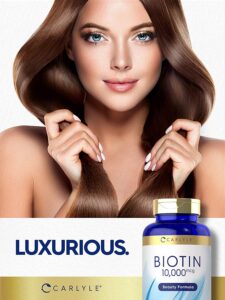
Iron is a vital key supplement to a variety of different functions in our body. So make sure you have sufficient amount.
